Welcome to Captains Curious, a weekly series of guest posts on the subject of Curiosity. The newest contributing member is Raj Neogy! To learn about the other Captains Curious, please click here.
First, my story
Getting here was no easy task. It started in the womb, when my mother decided to abort me and changed her mind moments before the doctor arrived to perform the procedure. When I popped out, I was cyanotic – a blue baby. My heart was wired incorrectly and I was not getting any oxygen. So I was whisked off for my first invasive surgery. When I hit 6 months, I had my second surgery. And by the time I was 2, I had my third open heart surgery. Needless to say, safety was not something I understood well, if at all. Just to make this really clear – my heart stopped three times, for each surgery. And I was “revitalized” or, in essence, “reborn” thrice. At 35, I started noticing a pattern emerge: For me to feel alive, I needed to have near death experiences. When I had that awareness, I was rather stunned.
The story continues with my parents getting divorced at the tender age of 4. And my life falling apart at 7, when I moved in with my step-mother. For 11 years, I endured physical beatings, emotional torture and utter humiliation and cruelty. And then to top it all off, I came out at 19 and was promptly disowned. “Be straight or leave” is what my father said.
When I left, I immediately drowned myself in cheap beer and by the time I hit 27, I was only black-out drinking. Not recommended as a relationship-building skill!
I was what you called a “functional alcoholic.” I prefer the term “functional dysfunctionyte.” By the time I was 28, I was traveling around the world for business, making great amounts of money, meeting amazing people, teaching cutting-edge technology. And I was a serious mess. I was angry, reactive, defensive, impulsive, arrogant, and mean. What I didn’t know was that I was also tremendously sad, painfully hurting, severely traumatized and suffering from Post Traumatic Stress Disorder.
All my initial forays into therapy were shameless expeditions of flirting until eventually the cutest one of them all called me on it. I, of course, blatantly denied it, left her office and never went back.
It was after pulling the plug on my second start-up, where I worked insane hours for three years and lost $100,000, that I crumbled. I didn’t know who I was anymore and completely fell apart. Suicidal and lost, I tumbled into an abyss of confusion. And eight months later, I lost my job, my wife and the house I lived in within a one week period. I now found myself homeless for the second time. And I couldn’t fake it any longer.
Two months prior, I had started an 18 month self-help program at NLP Marin. It was an amazing 18 months of peering into my life, and it laid the foundation for who I have become. It also taught me a list of core questions that have changed the way I engage with people.
I then got an MA in Transformative Leadership Development, as I wanted to do change work with individuals, teams and organizations. I took this program (offered at CIIS in San Francisco) so I could formally learn leadership skills and disseminate those learnings to others. What I realized a year after graduating was that I was really learning the skills to lead myself, to actually walk toward the talk, and where I continued the healing journey. Once I graduated, I entered a post-graduate depression which segued two months later into my psyche imploding, causing the last of my shell to fall away.
Curiosity
It’s taken me a long time to get to where I am now and the journey has been challenging, at times miserable and often downright difficult. But through it all, there was one element that kept me taking the next step: Curiosity.
When that life and death pattern came into my awareness at 35, I had profound curiosity as to why I kept manifesting that pattern, so I started asking myself questions about “the Why.” Mostly, I was curious about how I could get the pain to stop. It was unbearable, and all the coping mechanisms were falling to the wayside. I decided that if I wanted to heal and move through the pain, I had to get curious so that I could shift both my thinking patterns and behavioral patterns.
Transformation
So I held up a mirror, looked in it every day and started asking myself questions about me. “I wonder why that is…I wonder what is behind that…this just happened, what need of mine is not being met…what made her say that just now?” These questions, combined with my ferocious curiosity, afforded me the courage to continue to take each tiny step toward healing.
Transformative Leadership
In my quest for healing and all of the learnings that I have come across throughout the years, I noticed many patterns. Some of the patterns that we run unconsciously become outdated and are no longer useful. Some even become detrimental. How do we transform them? In the diagram below, I outline the path of the 7 Phases of Transformative Leadership, the first phase being Curiosity.
These phases have helped me untangle destructive patterns, unearth the roots of the patterns and allow me to choose something different.
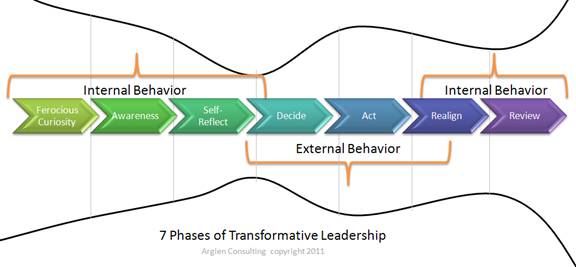
Curiosity
Curiosity is the first of seven phases in Transformative Leadership. It’s the crowbar, the key to unlock a dead bolt, the hand gently reaching forward. Curiosity is the starting point and the entry way. Though it is the first phase in the diagram, curiosity is always welcome to visit any phase at any time. The 7 Phases of Transformative Leadership is not a linear process, but rather a fluid adventure in exploration. You may begin at a decision, act accordingly and have an unexpected result, sending you back to curiosity. You may have an awareness about something, which triggers a question, which results in more awareness which then results in yet another question.
Awareness
Think back to a time when you had one of those “Ah-ha!” moments. It could have been about yourself, your partner, your friend, your toddler, your coworker. The experience may have gone something like this: “Oh…when x happens, y person responds like this.” And then you make a decision: “Remember not to leave the food on the counter, otherwise the cat will eat it.”
Self-Reflect
This piece isn’t so much about wondering why the cat eats food left on the counter as about what’s going on with your 17 year old son who forgot to put the food away…and your reaction. It’s about looking at the reaction fully and seeing what the need is behind that reaction. Is the reaction to storm into his room and begin yelling about responsibility? Or is the reaction getting frustrated and cleaning up the mess yourself? If the reaction is on the spectrum of annoyed, angry, irritated, etc, it’s usually about a need that is not being met in some way.
Decide
This is the fork in the road, the pivotal moment, the point where you make a choice. You choose to explore your own set of feelings and not storm into his room. You choose to give yourself empathy and set aside some time to talk to him later when you’re calmer. Decisions are always about two choices: It’s about choosing one thing and not choosing another. When I choose to eat the salad for dinner, and not the pasta dish: I am choosing one thing and not the other. We always have choice, whether we choose to see it that way or not.
Act
Now that you’ve made your choice, it’s about aligning your intent (the choice you decided to choose) with impact (your behaviour). How are you behaving and how is your behaviour being received? Did you achieve the results you wanted? If not, why not? (Curiosity!) Did you have a real heart-to-heart with your son? Or are you noticing that while you may have wanted it to go one way, it actually went the opposite way – or another way entirely that wasn’t even on your radar?
Realign
When we drive a car for a period of time, we eventually wear out our tires. We make a choice about replacing tires and often get them realigned. Wheel alignment “provides safe, predictable vehicle control.” How different is this from humans? Sometimes we’re worn out from the week, jet-lagged, hungry, injured or feeling down. We may need to have a little extra care in realigning our intent with our impact.
Review
Ever filled out an evaluation after attending a training? What about after eating a meal at a restaurant? Or how about a 360 or employee evaluation? Maybe after watching a movie with friends and discussing it over chocolate cake? Taking inventory of an experience is important, especially when it relates back to us. When we know what is in our suitcase, we won’t be petrified going through customs. When we are either hiding something we don’t want others to see or we are just not sure what is packaged inside ourselves, it can be a scary thing to look inside.
So how can this help you?
The answer is: I don’t know. All I know is from my personal experience and the countless stories I have heard from others with whom I have worked. Each person has moved through each of these phases at some point through their life trajectory, whether consciously or otherwise. The key is to create a heightened level of curiosity which allows for a greater sense of awareness. In becoming conscious of entering and exiting The 7 Phases of Transformative Leadership, you have a greater ability to make the choices that you truly want. You begin to align your intention with your impact much more accurately and you travel on path in which you experience freedom in ways you may not know yet.
* * * * *
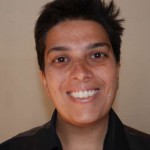 Raj Neogy, MA is a consultant, facilitator, and entrepreneur who offers training and consulting in topics such as transformative leadership, conscious business and breakthrough strategy. She has worked with over 500 corporations and organizations worldwide over the last 20 years, including Fortune 100 companies like Sony, Adobe, JVC, and amazon.com. She is the principal of Argien Consulting www.argien.com and founder of Queer Leadership: A Global Perspective.
Raj Neogy, MA is a consultant, facilitator, and entrepreneur who offers training and consulting in topics such as transformative leadership, conscious business and breakthrough strategy. She has worked with over 500 corporations and organizations worldwide over the last 20 years, including Fortune 100 companies like Sony, Adobe, JVC, and amazon.com. She is the principal of Argien Consulting www.argien.com and founder of Queer Leadership: A Global Perspective.
* * * * *
To sign up for updates Click Here.
Would you like to submit a guest post on the subject of Curiosity? Send an email to susan {at} susanTblake {dot} com with the subject line: Captains Curious.
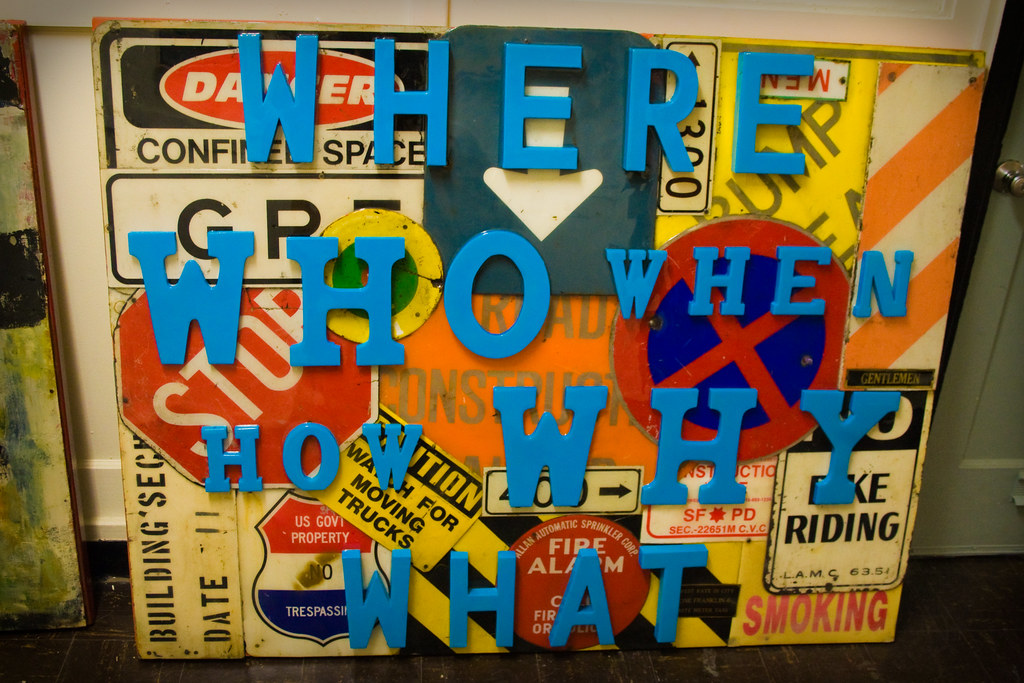 I want to know.
I want to know. Sandi Amorim is a fiery coach and instigator on a mission to have you shine. She works with creative, entrepreneurial women who are tired of “someday, maybe” thinking and ready for her style of bold-hearted coaching. You can find her sharing her passion (and asking a whole lot of questions) at Deva Coaching.
Sandi Amorim is a fiery coach and instigator on a mission to have you shine. She works with creative, entrepreneurial women who are tired of “someday, maybe” thinking and ready for her style of bold-hearted coaching. You can find her sharing her passion (and asking a whole lot of questions) at Deva Coaching.
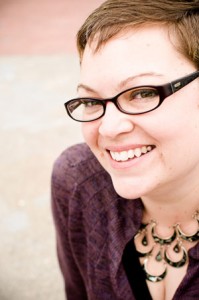
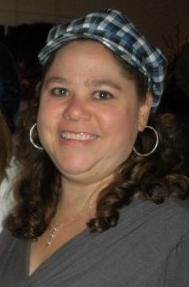




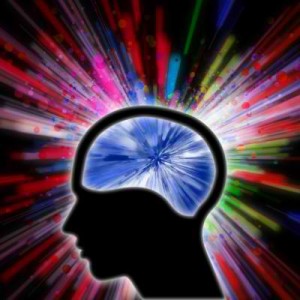
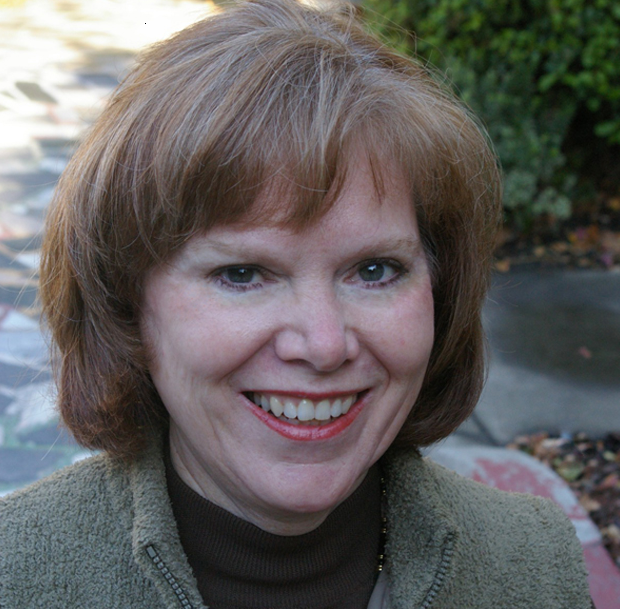
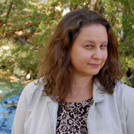
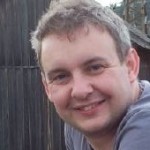
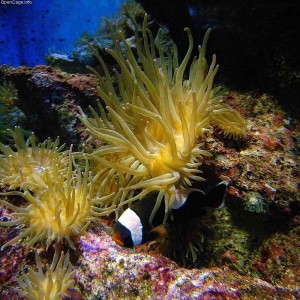


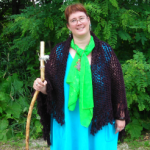


 Twitter
Twitter LinkedIn
LinkedIn Facebook
Facebook